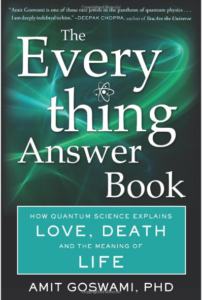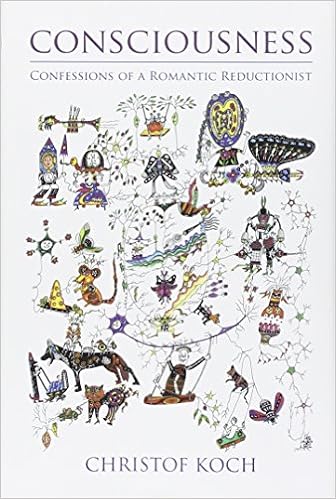This week, I had the pleasure of speaking with Dr. Bernard Kobes from my Alma Mater, Arizona State University. Dr. Kobes has been an Associate Professor of Philosophy at ASU since 1986, where he has been recognized with numerous awards. We covered everything from what-it-is-like consciousness to the emergence of consciousness in both individuals and in species to the morality and ethics of uploading one’s consciousness into a computer.
Topics we covered include:
- How do you define consciousness?
- Tell us about your seminar, Philosophy of Mind: Consciousness, and its topic: Metaphysical aspects of an apparent tension between dependence of consciousness on the physical brain and body, and the novelty of consciousness relative to the physical.
- What is that dependence of consciousness on the physical brain and body? How does this relate to your idea of dualism/physicalism?
- Does this explore the binding of the mind to the body?
- Does consciousness emerge from the physical layers of the brain/body? What is ‘emergentism’?
- What about weak and strong emergence? What is that, and what is your view on this?
- You describe consciousness (what-it-is-like consciousness) as one of the layers. What are the layers? At what point do the layers move from physical to metaphysical/phenomenal?
- How do the Mary and archangel arguments help explain this?
- How is emergentism a form a dualism, or is it?
- The physical closure principle (every physical event that has a cause has a sufficient physical cause): how does this play into dualism? Do you accept this?
- Panpsychism: you argue that panpsychism is not plausible, because of the ‘combination problem’. Can you explain/expand on that?
- You reject substance-dualism. What about property dualism? Maybe provide an explanation of each if pertinent.
- Regarding your “thoughts and conjectures about distinctively human forms of consciousness, based partly on a lecture given at ASU on February 1, 2018, by the paleoanthropologist Ian Tattersall,” can you give us a quick synopsis on your ideas regarding the evolution of consciousness in humans, including any key points you find particularly interesting?
- What about Block’s notion of ‘access to consciousness’. What do you mean by that?
You’ve discussed emergence of consciousness as related to an individual mind/brain. What are you thoughts here on the emergence of ‘consciousness’ in a species, in humans?
- What about Block’s notion of ‘access to consciousness’. What do you mean by that?
- What is “constitution of consciousness”?
- Do you see any breakthroughs coming in the study/understanding of consciousness?
- Is one’s consciousness something, like knowledge and wisdom or muscle development, something that one can exercise/improve/expand upon?
- In addition to what we’ve discussed, is there anything else you’d like to bring up and/or discuss?
Podcast: Play in new window | Download

